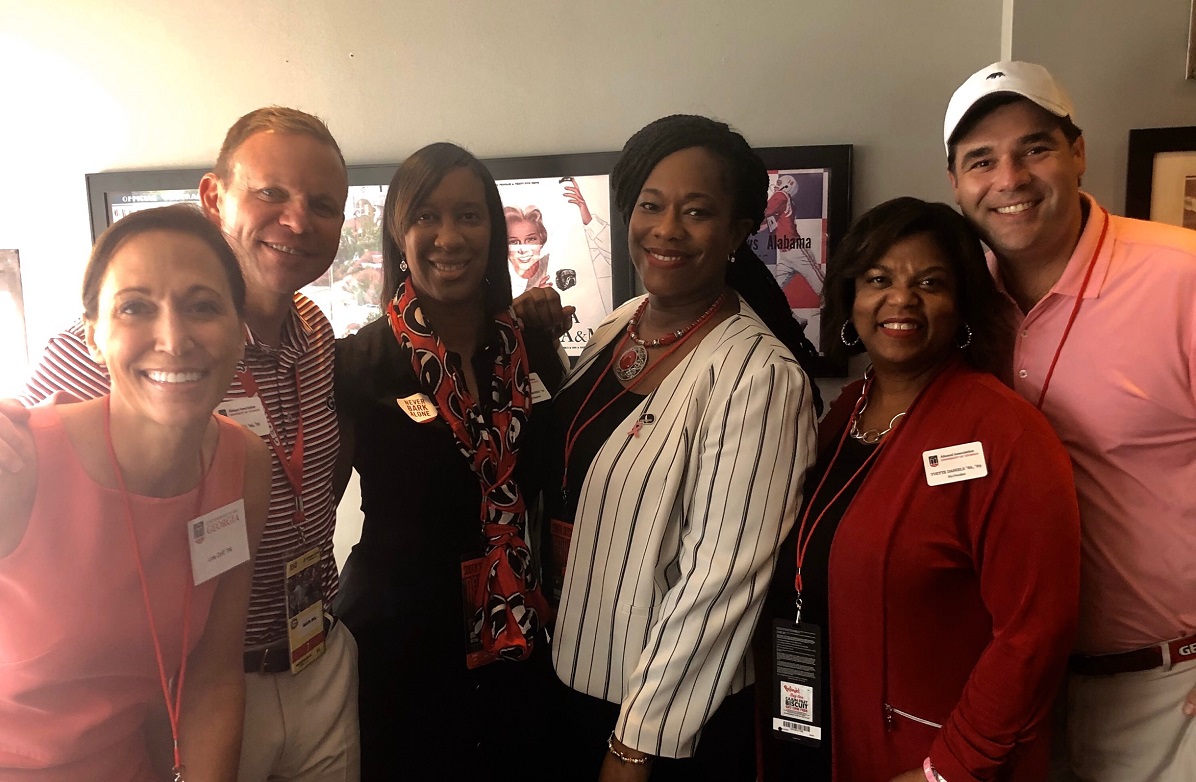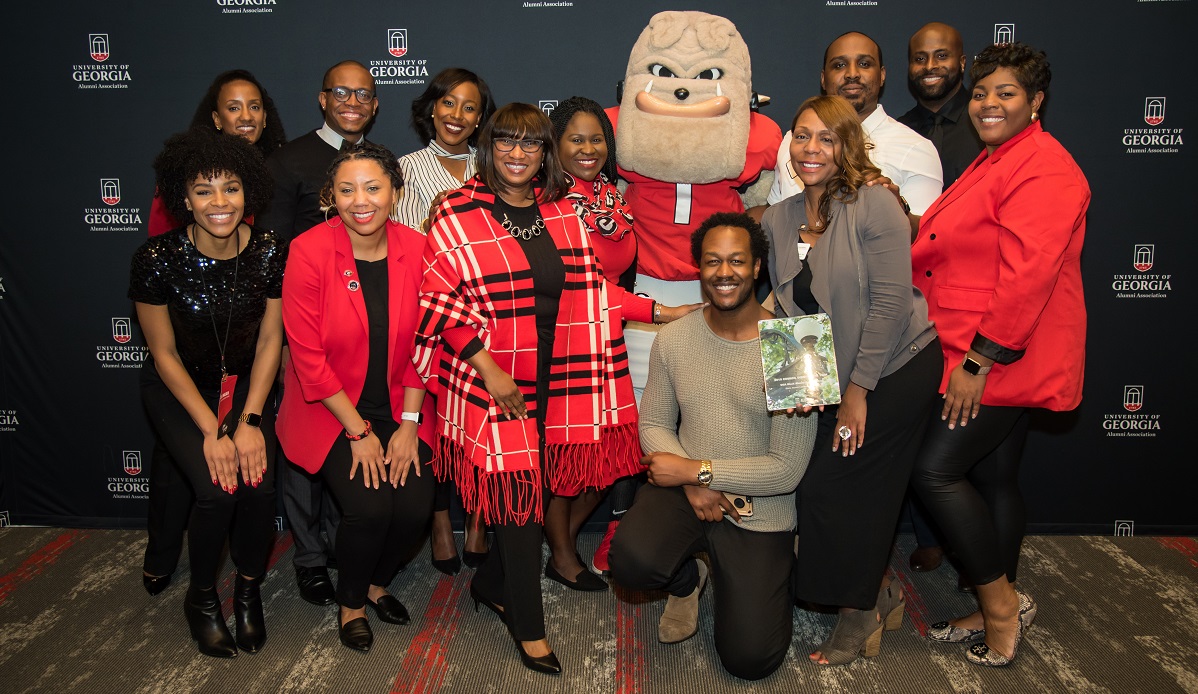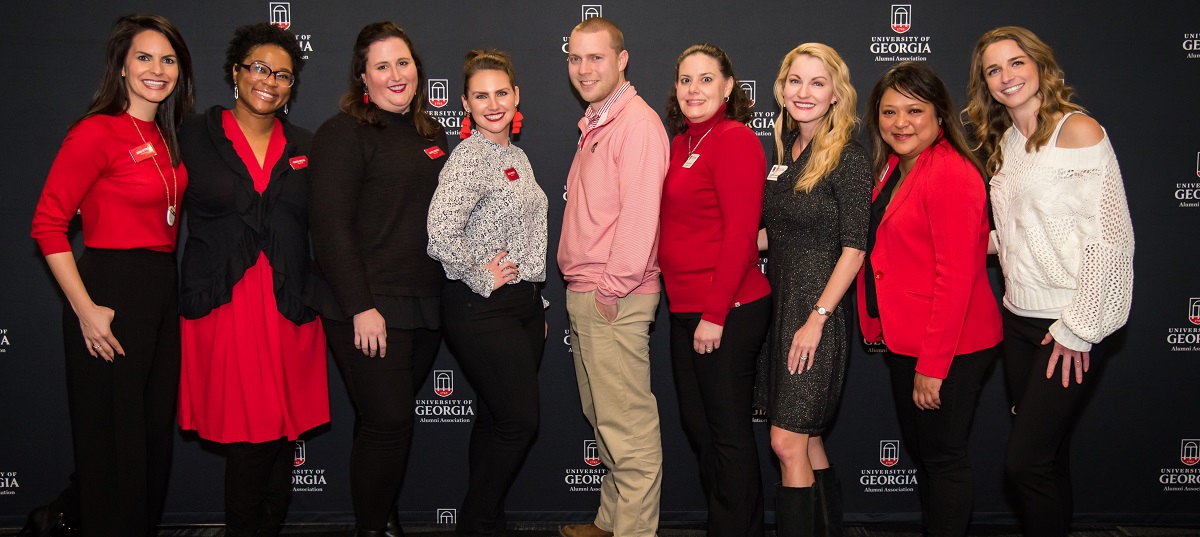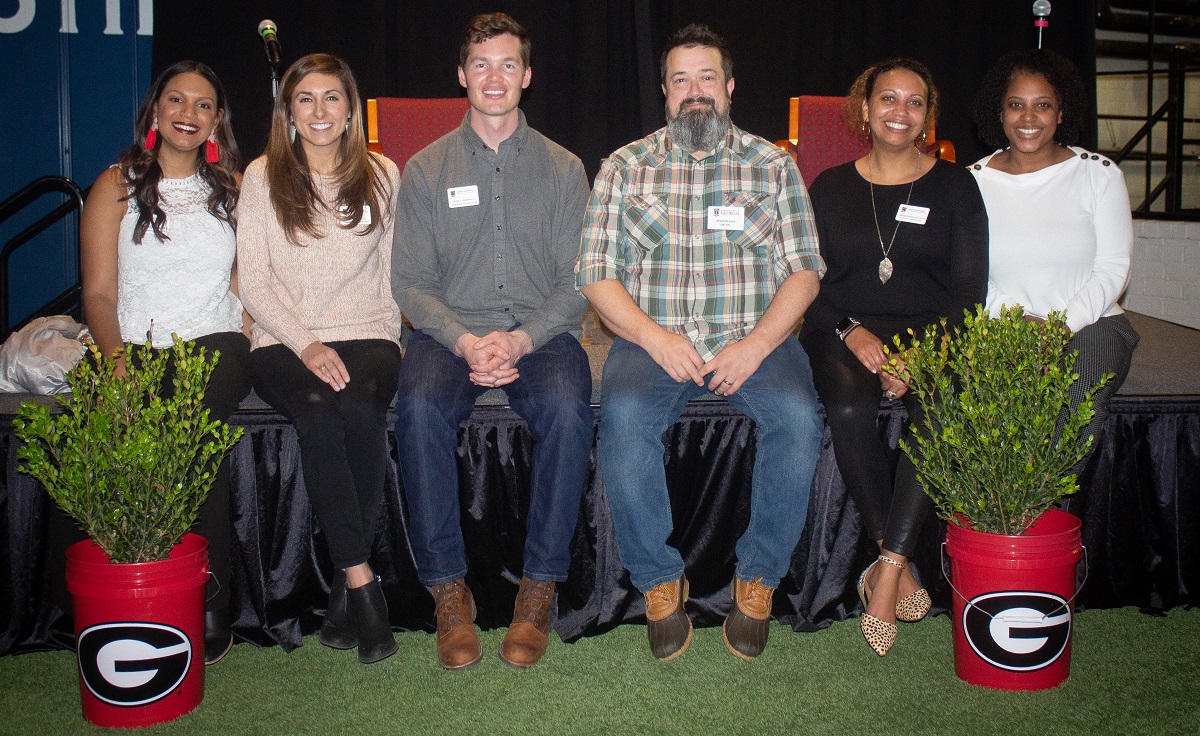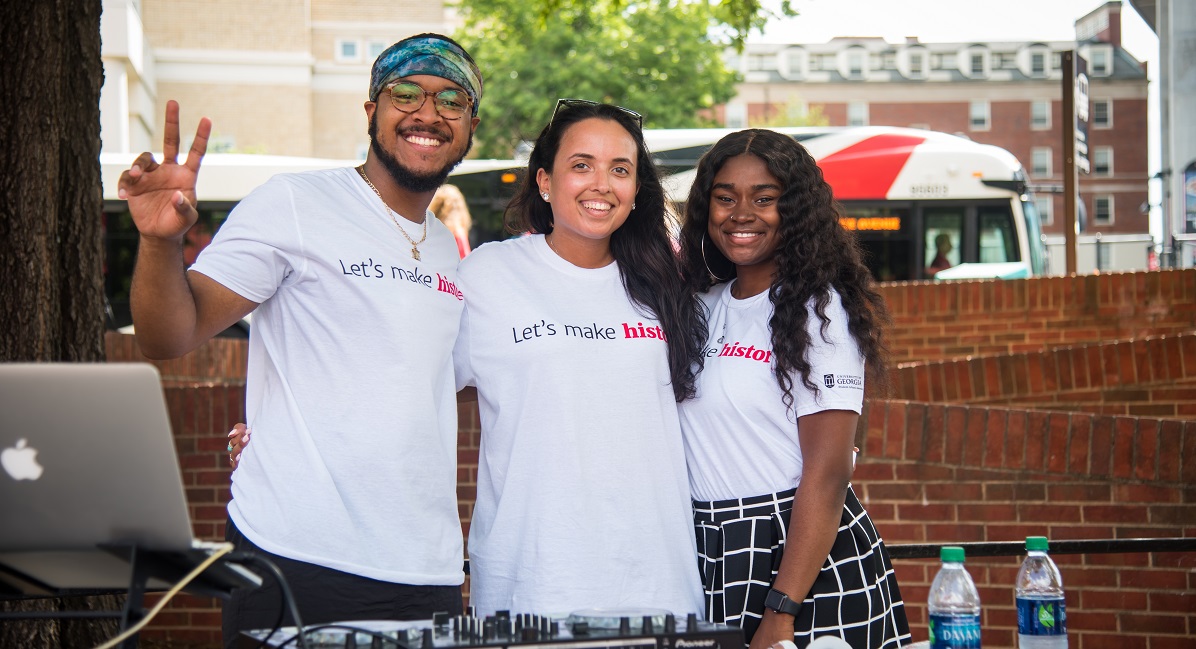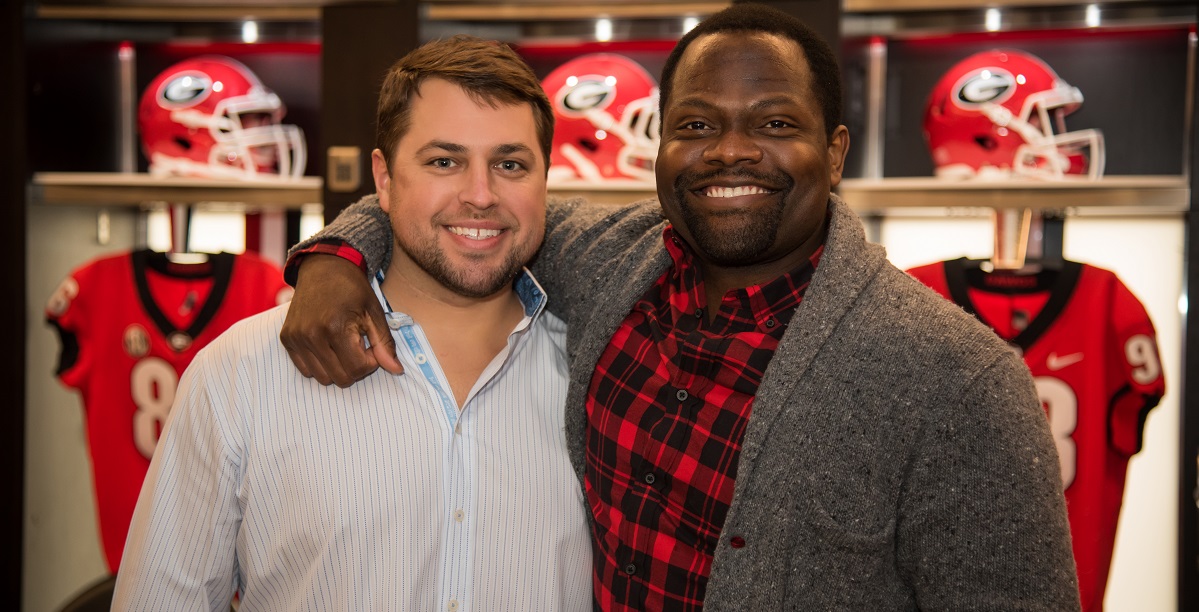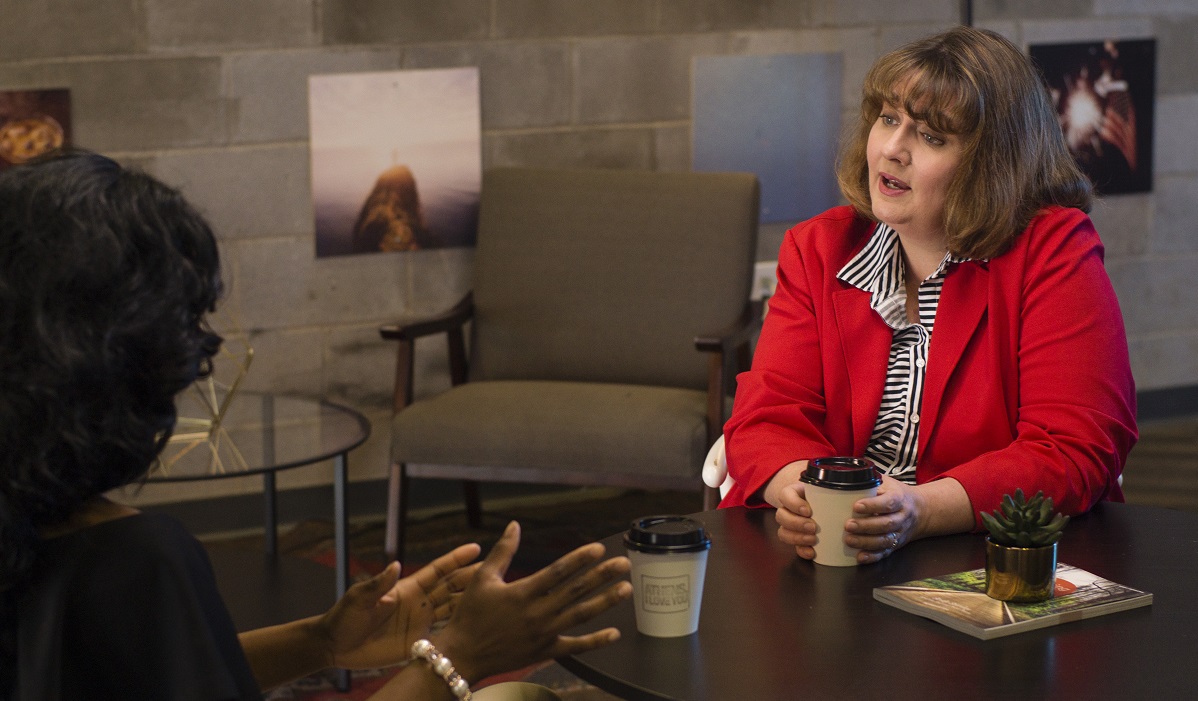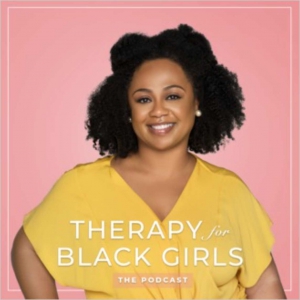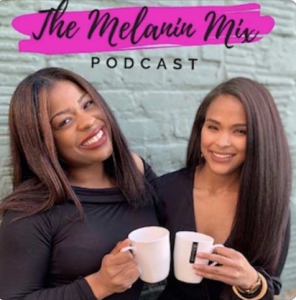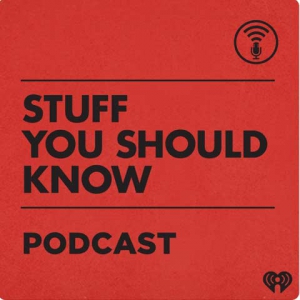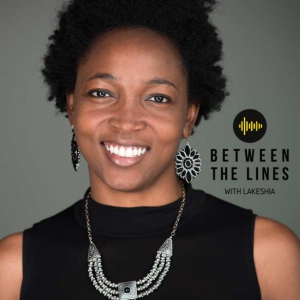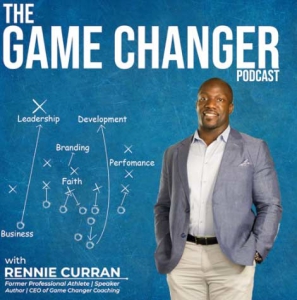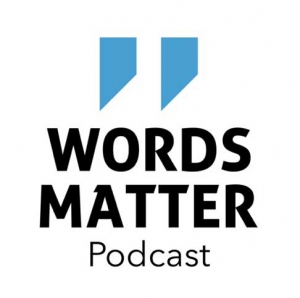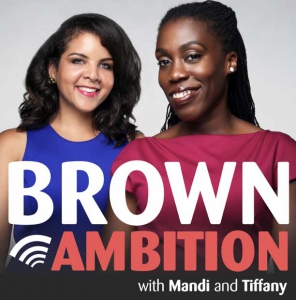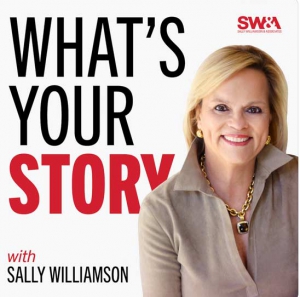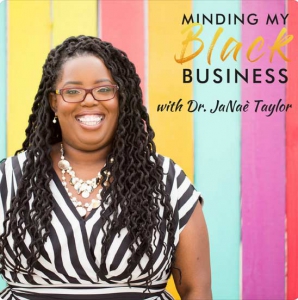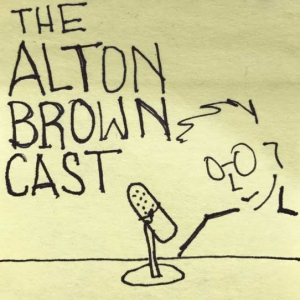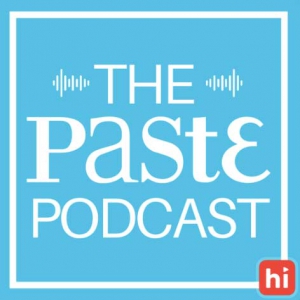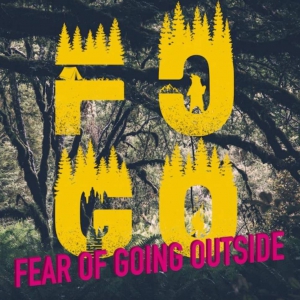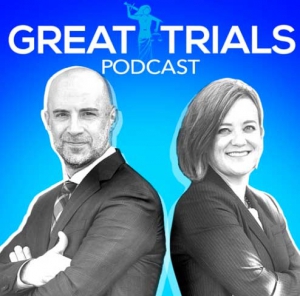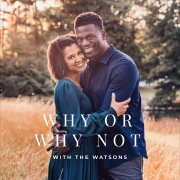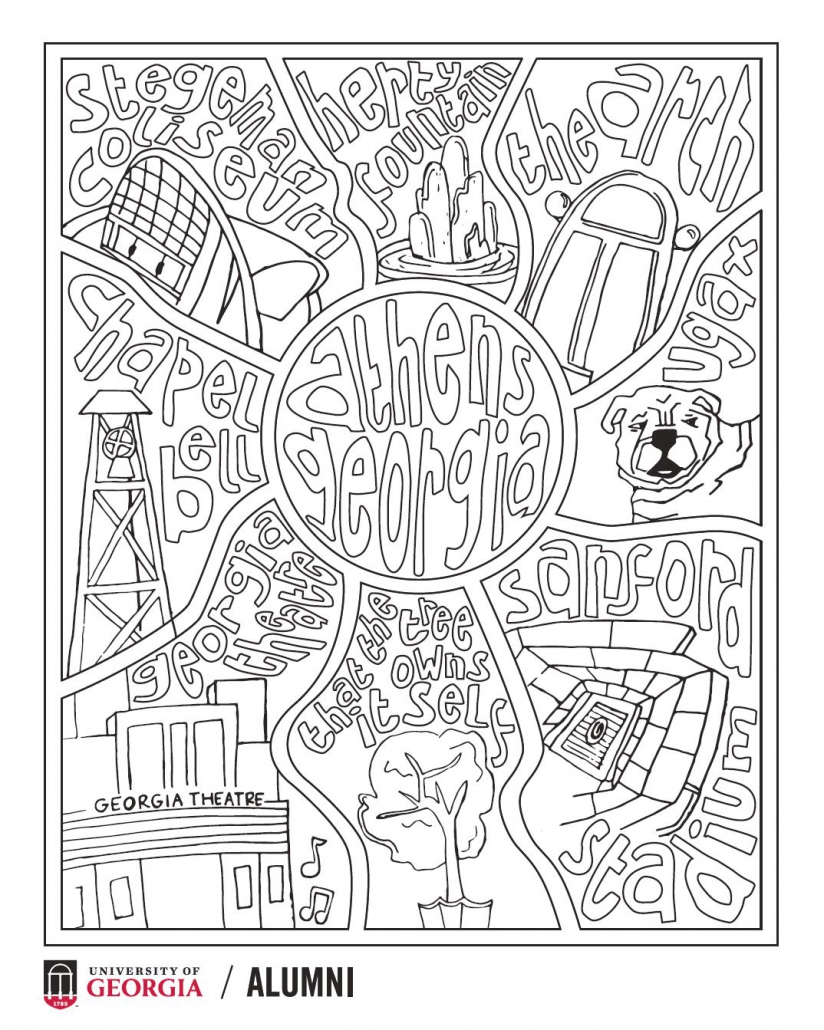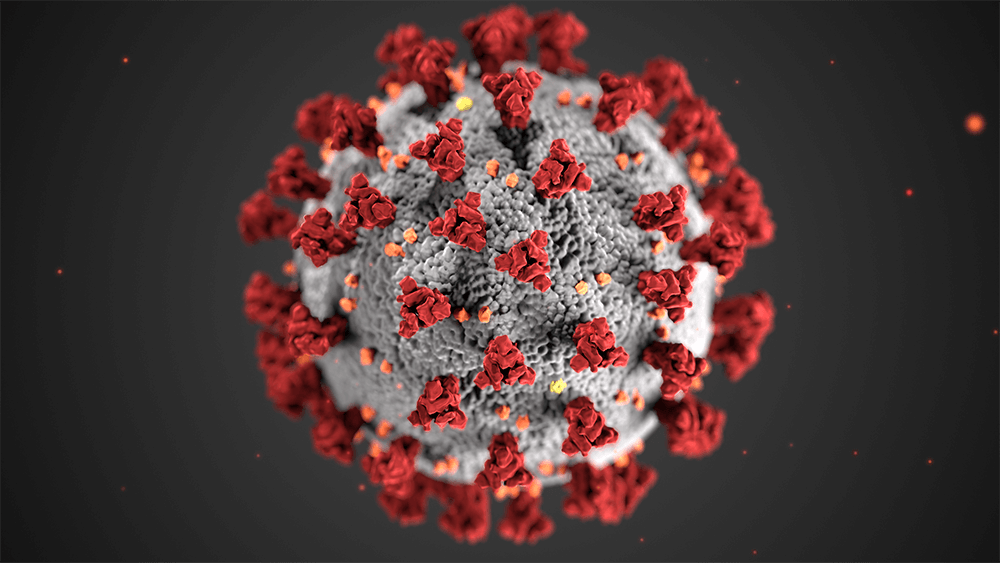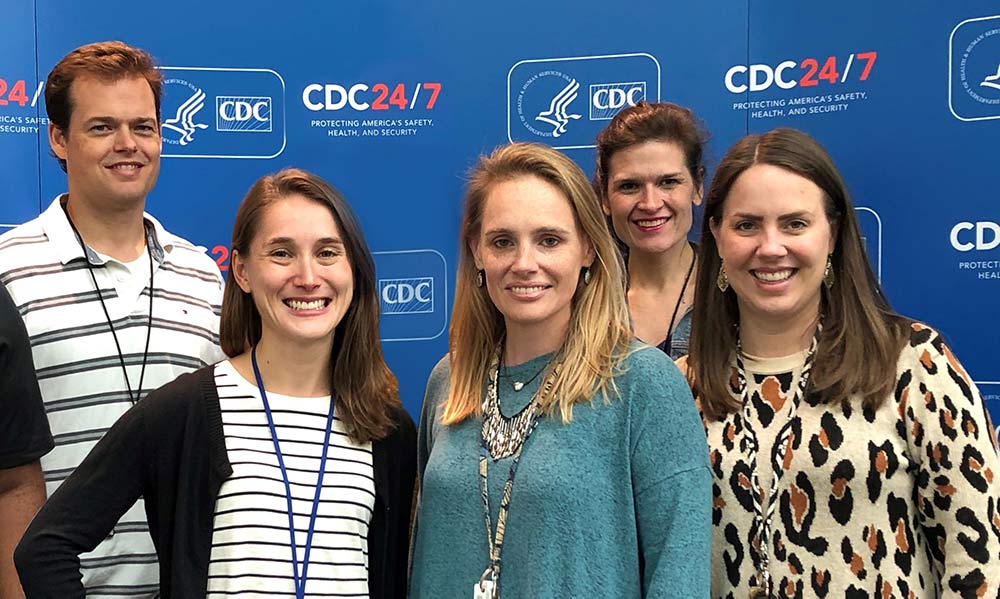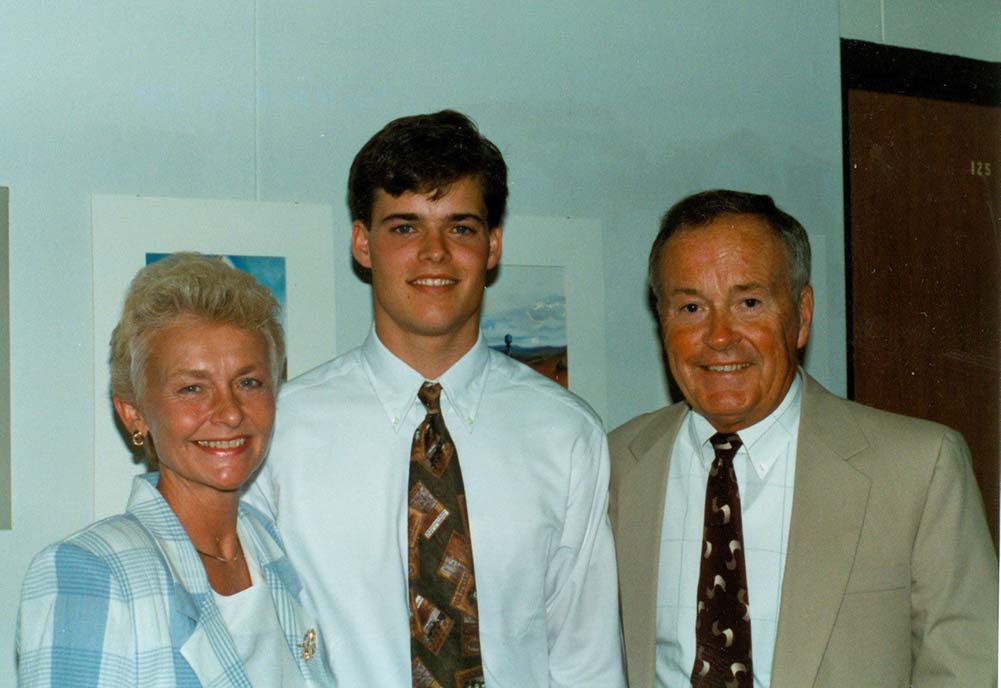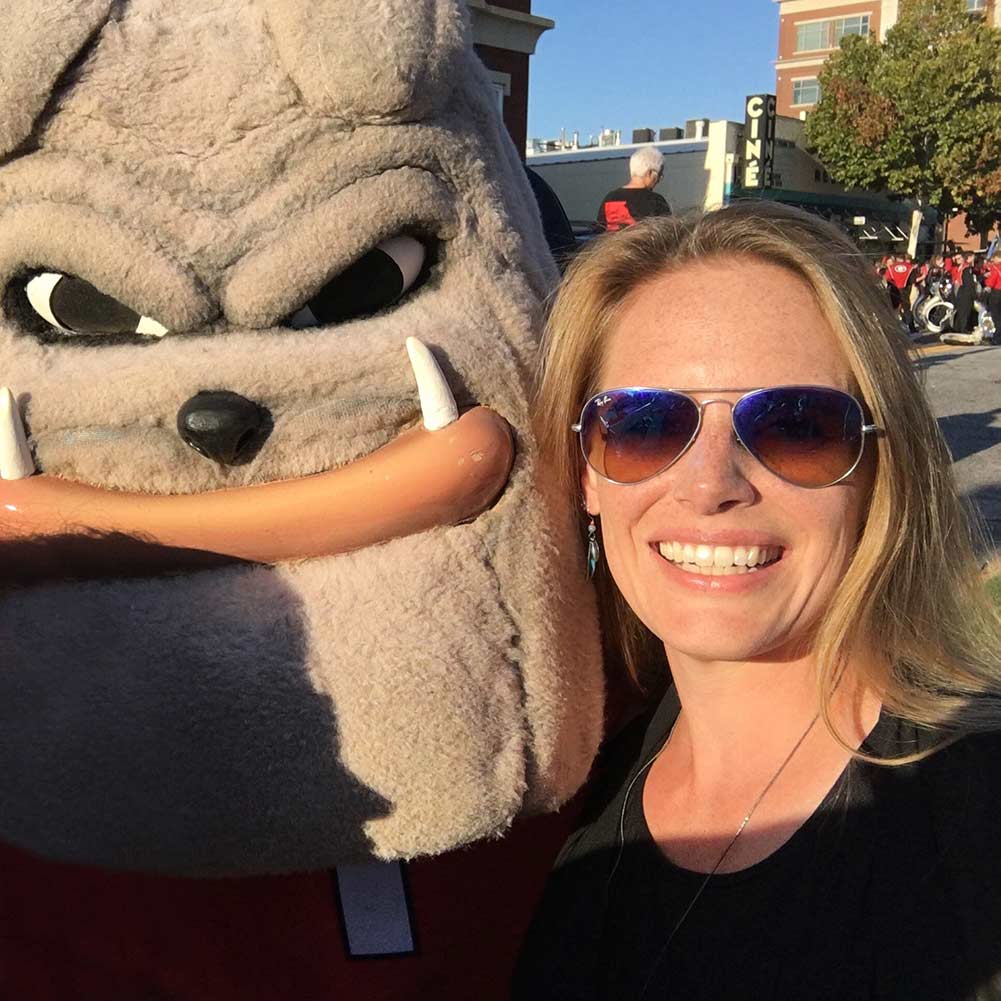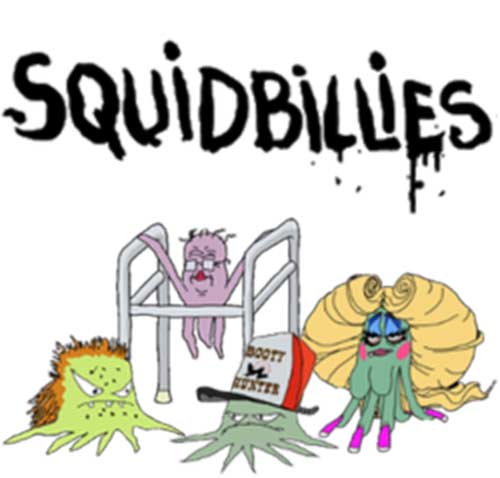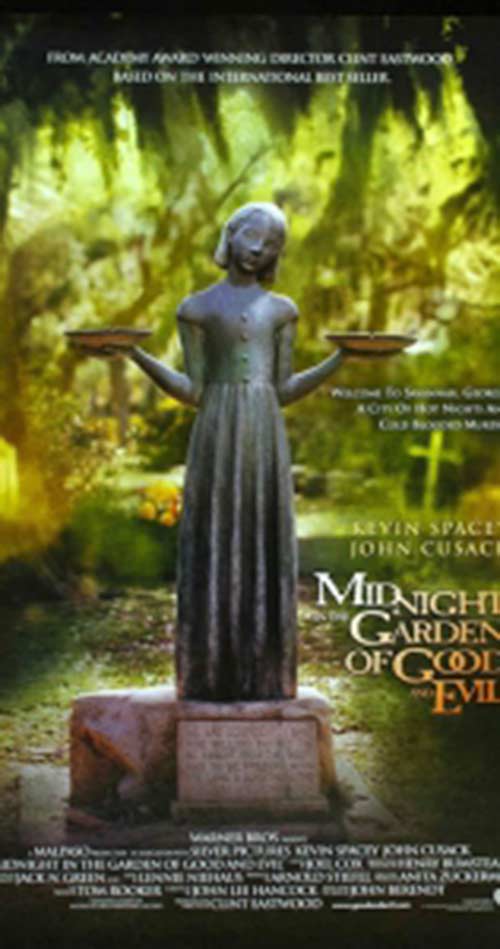Andrew McKown (BS ’07) fights COVID-19 in the ICU
Dr. Andrew McKown (BS ’07) walked into the intensive care unit of Piedmont Athens Regional Medical Center one morning early in 2020 at 7 a.m. He reviewed patients’ charts, consulted with staff on overnight developments, visited patients and performed a litany of medical tasks that kept him busy until about 7 p.m.
That was three months ago. Today, McKown’s 12-hour day also includes multiple sets of gowns, masks and gloves he must wear all day long, phone calls providing updates to patients’ families who can no longer visit their loved ones, a hooded face shield blowing air in his face and the research required to keep up with a global pandemic.
“It’s … been interesting,” said McKown. “My work has changed dramatically.”
McKown is face-to-face with COVID-19, serving his community in a vital way few can, and his story began at the University of Georgia.
“It’s kind of a family thing”
McKown grew up in East Cobb, near Marietta. He excelled at George Walton Comprehensive High School and applied to several colleges, but after being offered a Foundation Fellowship, he decided on UGA—a decision that was met with strong familial approval.
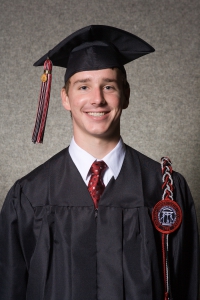
McKown’s UGA graduation photo
“I come from a huge UGA family: My parents, both of my sisters, two of my mom’s three siblings, my mom’s parents, my mom’s aunt—who studied and taught there—and five of my cousins attended UGA,” said McKown. “It’s kind of a family thing.”
The Foundation Fellowship that attracted him to UGA provided experiences that became the bedrock for the rest of his education and career. Foundation Fellowships are UGA’s foremost undergraduate scholarships, placing students in a community of similarly dedicated scholars and offering numerous grants for travel-study, which McKown used to study in Thailand and Uganda.
In Thailand, he aided and observed medical staff at a rural clinic, and the experience made an impression: When he returned to Athens, McKown directed his focus toward global health and began taking classes at the then-newly founded College of Public Health. His subsequent trip to work at a health center in Uganda built upon this, as did the Centers for Disease Control and Prevention internship that used data gathered in Uganda to study costs associated with medical sharps disposal.
A Bulldog in Boston
After graduating from UGA in 2007, McKown applied to and was accepted at Harvard Medical School. For the next four years, he studied at one of the world’s premier medical institutions, broadening his horizons in a big city and meeting people from around the world, including his wife, Ellen House.
The two native southerners—House is from North Carolina—grew their relationship while McKown completed medical school followed by a residency at Massachusetts General Hospital and while House completed a psychiatry residency and fellowship.
In his third year of med school, McKown took a critical care rotation, a choice that would prove pivotal in growing his interest in pulmonology.
“I’ve always been a math and science guy,” said McKown. “I liked the physics of how we could use a ventilator to breathe for people, how exactly it works and how we pick the right settings to use. It fascinated me, so I thought that’s where [my career] might be heading.”
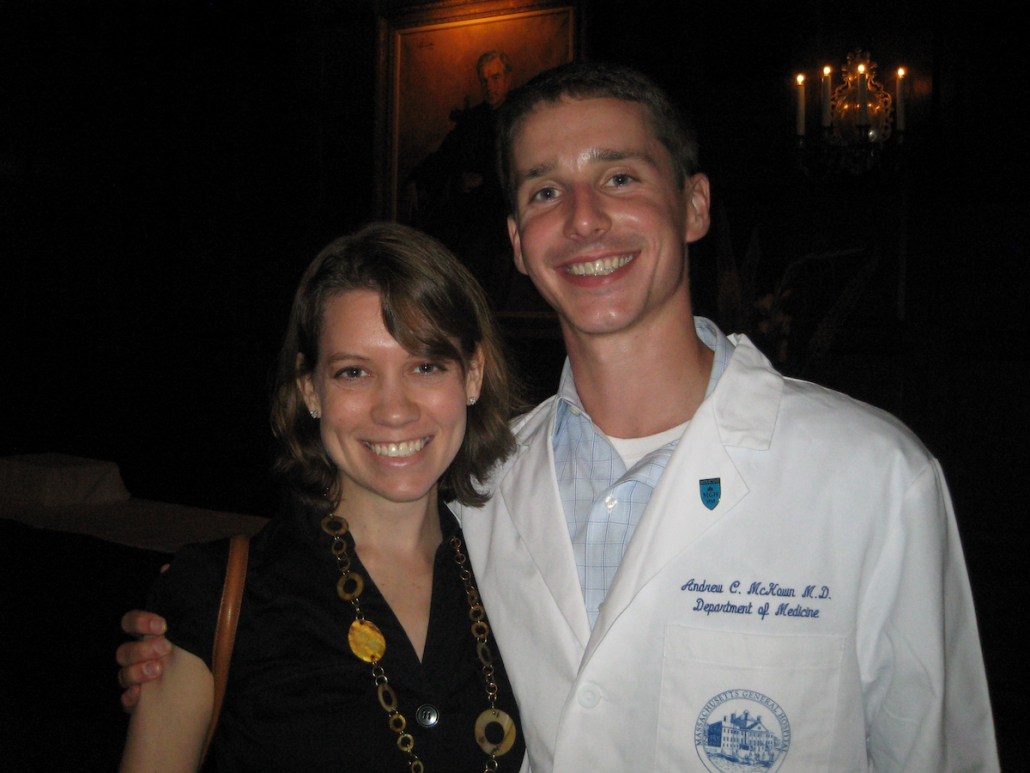
House and McKown at the white coat ceremony marking the beginning of his residency at Mass General
That focus on pulmonology would play a role in McKown’s next step, but another event, in the final year of his residency, played an even bigger role: the birth of his daughter, Georgia.
“Boston was great, but it can be a tough place to raise a family when you’re a long way from [your own family],” said McKown. “We debated what to do, and we thought hard about staying, but we also thought about moving south.”
After some research, McKown, House, and Georgia made their way to Nashville and Vanderbilt University in 2014. This move placed them close to both extended families, and Vanderbilt presented unique opportunities for both young doctors. House joined the psychiatry faculty at the Vanderbilt University School of Medicine, and McKown took a pulmonary/critical care fellowship at the Vanderbilt University Medical Center.
Returning to the Classic City
After completing the fellowship, McKown wanted to find a place he could practice medicine and teach. He enjoyed teaching resident physicians during his fellowship, and House wanted to continue teaching at a medical school. Also, the family wanted to stay in the Southeast. Fortunately, a connection from McKown’s UGA past opened a door.
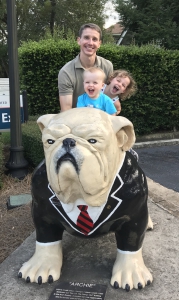
McKown and children on one of Athens’ bulldog statues
“I reached out to Matt Crim (AB ’05, BS ’05)—someone I knew through the Foundation Fellowship who is now at Piedmont Athens Regional—to find out about his experience. He was positive about Athens, the growing medical community and medical school, and he put me in touch with Athens Pulmonary.”
With that, wheels went into motion. Today, House is a psychiatrist at UGA’s University Health Center and an assistant professor of psychiatry with the Augusta University/UGA Medical Partnership, and McKown is a physician with Athens Pulmonary. The family of four—they now have a young son, Baker—has now been in Athens for close to two years.
“After having been in Boston for seven years and Nashville for four, the first reaction was, ‘Oh wow, [Athens] is so much smaller than I remember,’” McKown joked. “But it’s a really great and positive community. We love where we live.”
In the two years since his return, McKown and his family have made Athens their home, turning neighbors into friends, finding restaurants they like and advancing in their work. House has received awards for her teaching at the medical school, and earlier this year, McKown was named the co-director of Piedmont Athens Regional’s intensive care unit.
“Normally, you know what to do”
But for McKown, the past two months may make the past two years seem much more distant. As COVID-19 swept across the planet, Athens Pulmonary doubled its daily commitment of physicians to affiliated hospitals and overhauled their doctors’ call schedules. And while having an unpredictable daily schedule creates a certain amount of stress, it pales in comparison to the work of treating this disease.
“Normally, when a patient comes in and they have respiratory failure, you know what to do,” said McKown. “[But] when a patient comes in with COVID-19? How we managed it three weeks ago is different from how we managed it last week. I mean, it’s crazy. The shift in medical opinion was great enough that it profoundly changed our management just in the last few weeks.”
McKown also cautions that the world is not out of the woods yet. If we don’t remain vigilant, things could still turn for the worse.
“We have been fortunate here, so far, to not have the crush that they have in New York, and that’s because we’ve had success with social distancing measures,” said McKown. “I’ve talked to friends who practice up there, and it is a whole different world. And it’s a bit of a fear of mine that people will look at our success up to now and still say, ‘why did we do what we did?’
“But I’ve seen people across the age spectrum critically ill, close to death, here in Athens from COVID-19. And if we don’t continue to take the necessary steps to slow the spread of infection, there could be so many of them that we will be strained to take care of them all.”
However, there are reasons to feel positive. McKown said that he’s been deeply impressed with Piedmont Athens Regional’s leadership, having been a part of the many meetings discussing plans and contingencies for the hospital.
“I’m also thankful for the huge outpouring of support from the community,” said McKown. “There are signs all over the hospital from the community that are, essentially, a cheering section for the hospitals. There’s been a number of gifts from the community, like hand-sewn face masks. UGA’s creating face shields. All of these things are amazing, and they are impactful.”


